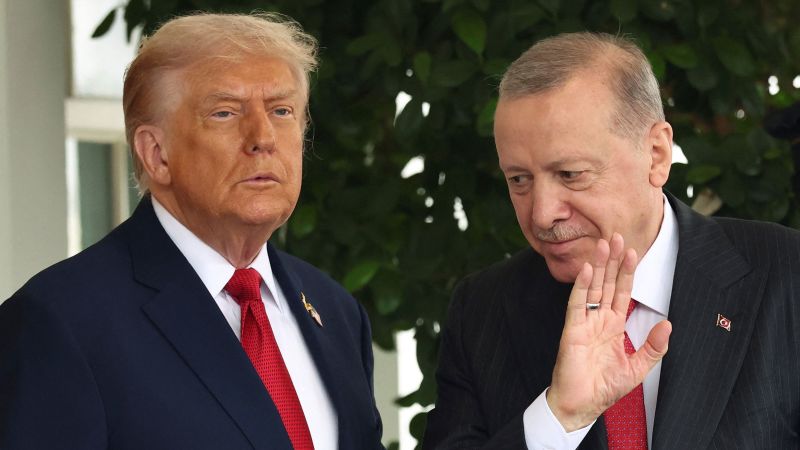James Comey and the Charges Against Him
Background on James Comey
James Comey, the former Director of the Federal Bureau of Investigation (FBI), has been a notable figure in American politics, particularly for his role in high-profile investigations related to the Trump and Clinton administrations. His tenure at the FBI was marked by controversies, most notably surrounding the investigations into Russian interference in the 2016 Election and Hillary Clinton’s email practices.
Allegations and Charges
Comey faced specific allegations related to a false statement made during a Senate Judiciary Committee hearing on September 30, 2020. Prosecutors charged him with misleading lawmakers concerning his authorization for a media leak. This statement became a central piece of the indictment against him.
The crux of the allegations centers around Comey’s assertion that he had never authorized anyone at the FBI to act as an anonymous source regarding ongoing investigations. However, the Justice Department’s indictment posits that Comey not only knew about a leak but had indeed authorized a contact to serve as an anonymous source. This contradiction raises significant questions about accountability among high-ranking officials.
Senate Hearings and Testimonies
During the Senate hearing in 2020, Comey appeared via videoconference, which was a novel approach necessitated by pandemic protocols. Senator Ted Cruz utilized this platform to confront Comey with a prior exchange from another hearing. In a memorable moment, Cruz quoted a May 2017 testimony from Comey, reinforcing the gravity of the accusations against him.
“In that past hearing, Chairman Grassley had directly questioned Comey: ‘Have you ever been an anonymous source in news reports related to the Trump investigation or the Clinton investigation?’ Comey’s emphatic response was a firm ‘Never.’ This strong denial was repeated regarding the authorization of anonymous sources,” Cruz pointed out, underscoring the seriousness of the matter.
Comey’s Response to the Accusations
In addressing these allegations, Comey maintained his stance regarding his previous testimony. He stated unequivocally, “I can only speak to my testimony. I stand by the testimony you summarized that I gave in May of 2017.” This phrase highlights a key aspect of public figures’ testimony—once it is given under oath, it becomes a significant legal and ethical matter.
Legal Implications of the Indictment
The indictment suggested a deeply troubling scenario: the notion that a former FBI Director could potentially mislead Congress poses substantial implications for the image of law enforcement and government transparency. The legal consequences for Comey could be significant, further complicating an already contentious political landscape.
As these events play out, they will likely ignite discussions about the integrity of public officials, the role of oversight, and the boundaries of legal definitions regarding false statements and anonymity in governmental communications.
The Broader Political Context
Comey’s situation is emblematic of a broader narrative involving governmental accountability in the digital age. As high-profile figures navigate investigations and public scrutiny, the interaction between media, politics, and law enforcement continues to evolve. The impact of Comey’s charges will reverberate, influencing opinions on transparency, integrity, and the role of oversight bodies in U.S. governance.
Each development in this case intertwines with the ongoing discourse about trust in government institutions, particularly how they handle sensitive information and their interactions with the public and media.
With these events unfolding, the political and legal ramifications will be closely monitored, not just for the implications for Comey himself but for what it signifies for the landscape of American politics and governance as a whole.



